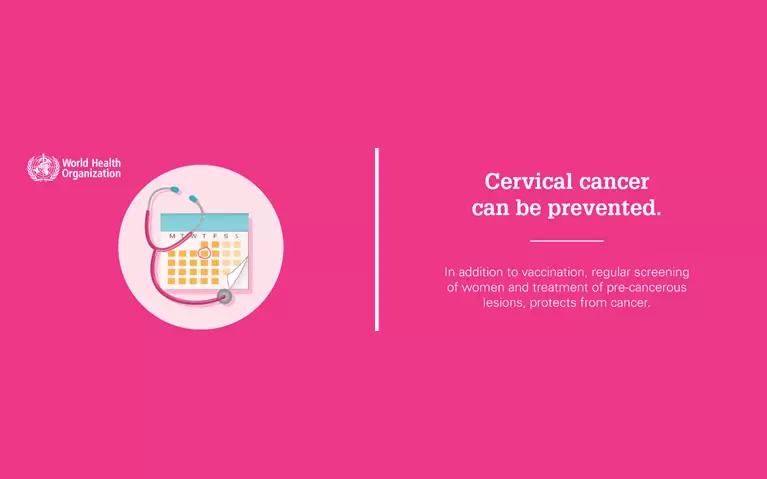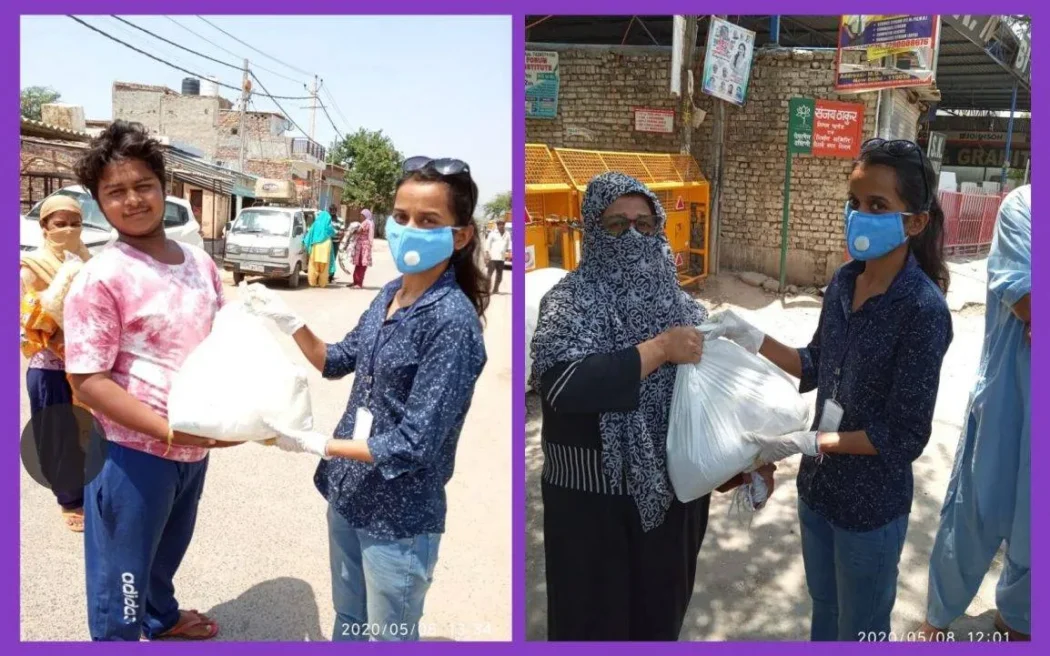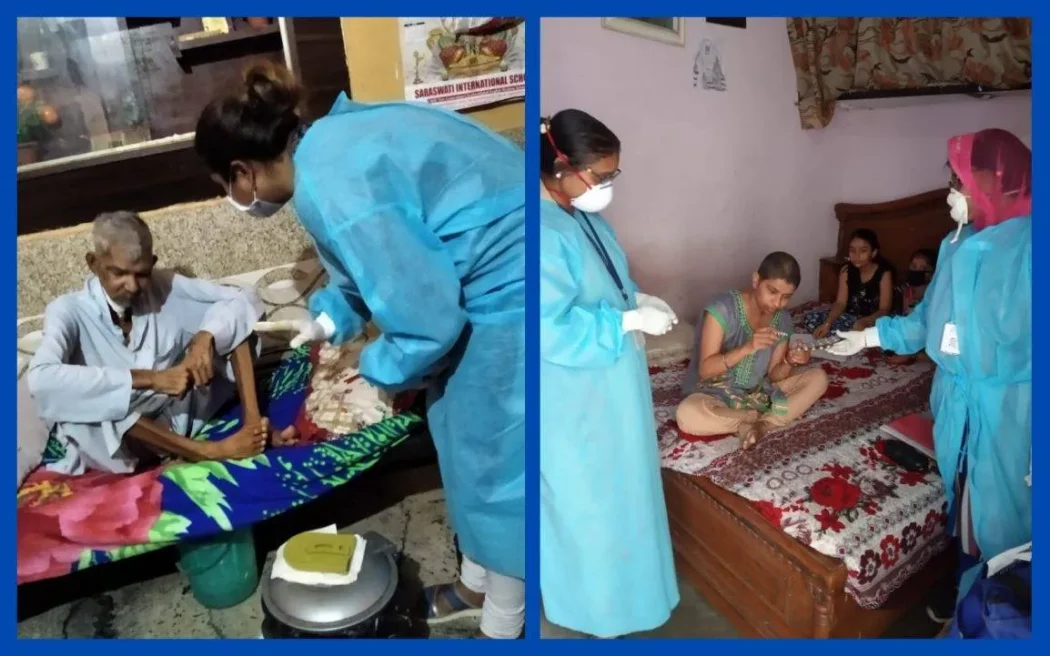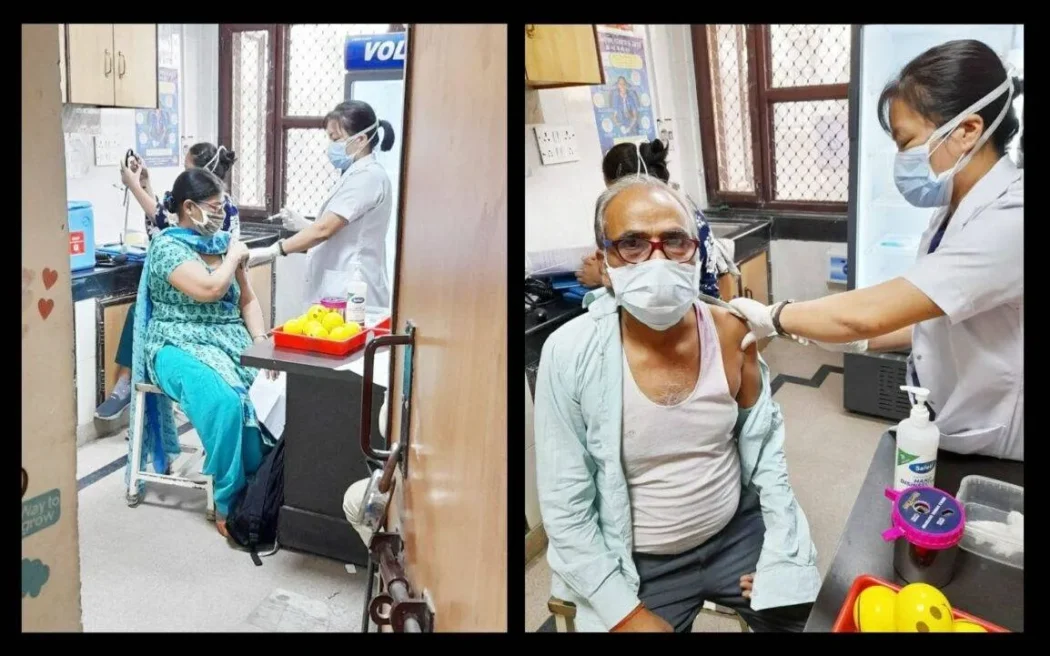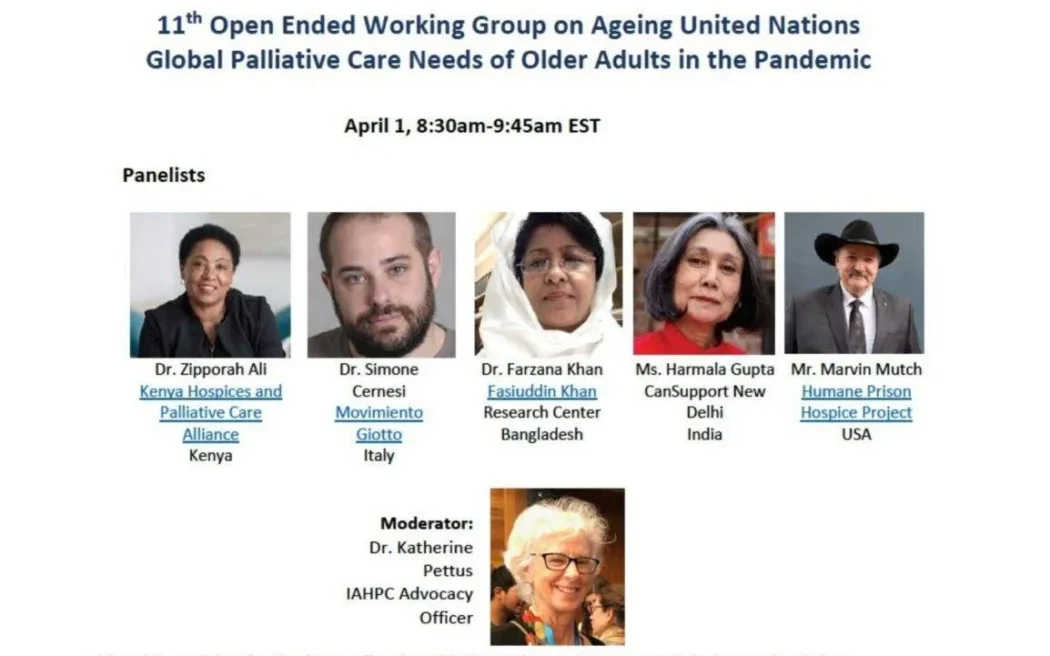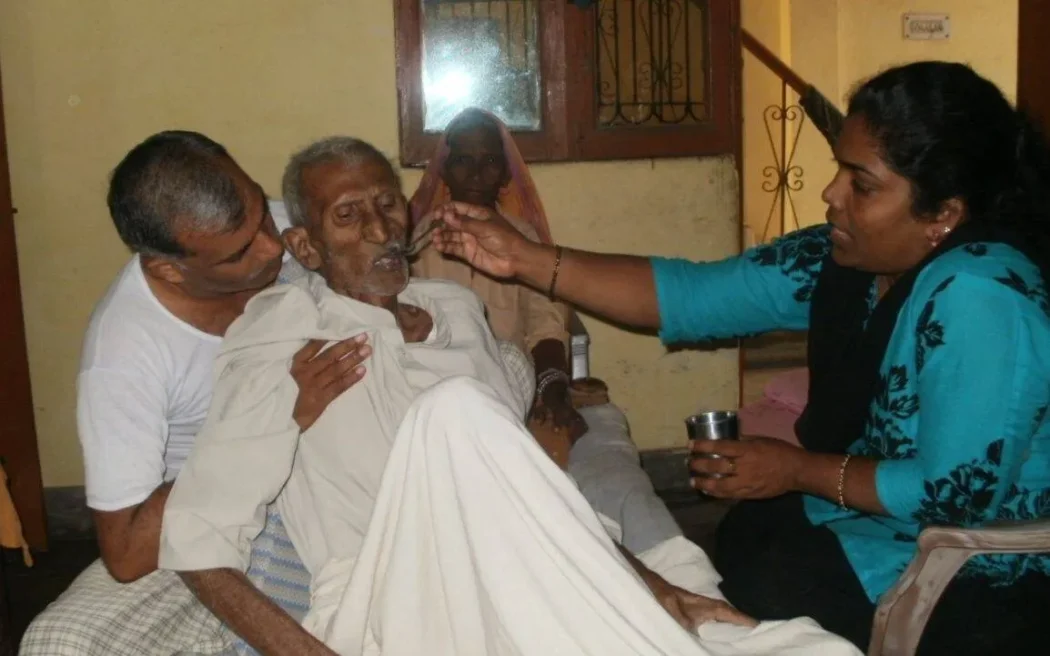In today’s era, as the world emerges from the COVID-19 pandemic, we find ourselves adapting to a new normal. We breathe in fresh air, witness smiles, and once again experience the warmth of touch. The crisis has taught us that caregiving is a full-time, multifaceted, and often exhausting commitment, requiring a deep understanding of its many dimensions.
According to the World Health Organization (WHO), a caregiver is defined as a family member who has lived with the patient and has been intimately involved in their day-to-day activities, healthcare, and social interactions for over a year. In many parts of the world, caregivers are trained professionals, appointed by hospitals or private organizations, to provide comprehensive physical and nutritional care necessary for a patient’s comfort. However, in the Indian subcontinent, cultural and social norms dictate that the family serves as the primary caregiver. The care provided is typically administered at home, often based on basic training given by healthcare professionals like nurses or General Duty Assistants (GDAs).
Globally, approximately 40 million people report to become familial caregivers accounting for patient’s hospital visits and caretaking duties. The burden on caregivers exceeds 23-50%, impacting them physically, emotionally, and socially.
Caregiver burden encompasses both subjective and objective elements. Subjective burden pertains to the personal emotions experienced by caregivers while performing their duties, while objective burden encompasses events or activities associated with challenging caregiving experiences. This burden leads to a host of physical and psychological challenges for both the patient and the caregiver, directly or indirectly affecting the quality of care provided. Depression, anxiety, diminished concentration, chronic stress resulting in elevated blood pressure and cholesterol levels, and an increased heart rate are common physical manifestations. Chronic fatigue and physical strain are also prevalent in caregivers tending to patients over extended periods.
Promptly seeking help is crucial for effective treatment. Mental health professionals employ standardized assessments to gauge caregiver burden, subsequently tailoring appropriate pharmacological and psychological interventions.
In conclusion, recognizing the pivotal importance of caregiver well-being, mental health professionals employ standardized measures to evaluate caregiver burden, offering tailored pharmacological and psychological interventions. Moving forward, it is imperative that we acknowledge and honour caregivers who selflessly dedicate themselves to the well-being of their loved ones. Ensuring they receive the support and care they require is essential for them to continue their invaluable role in our society. Ultimately, in a post-pandemic world, caregiving remains an indispensable and intricate facet of our lives, deserving of our attention, compassion, and unwavering commitment to the well-being of both caregivers and those they tirelessly care for.



